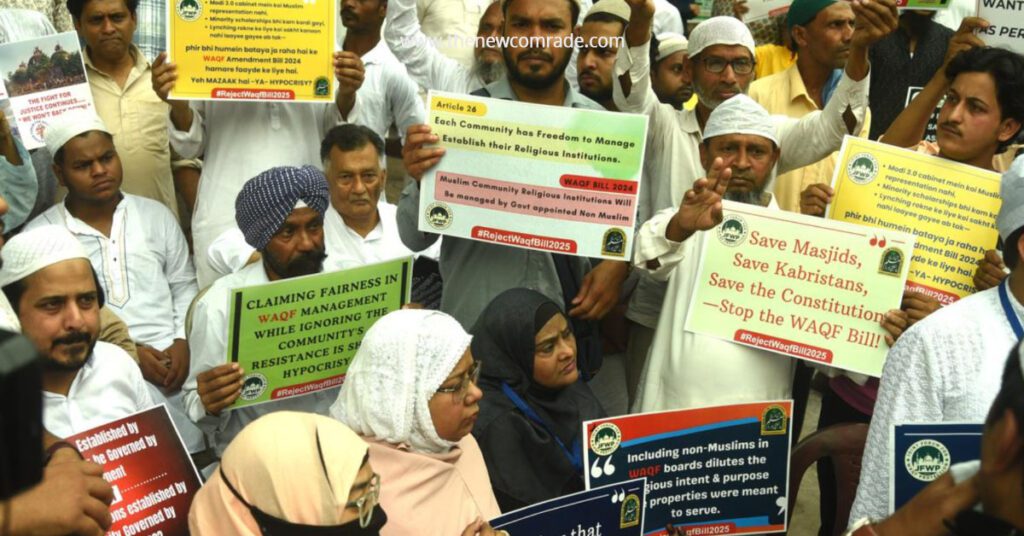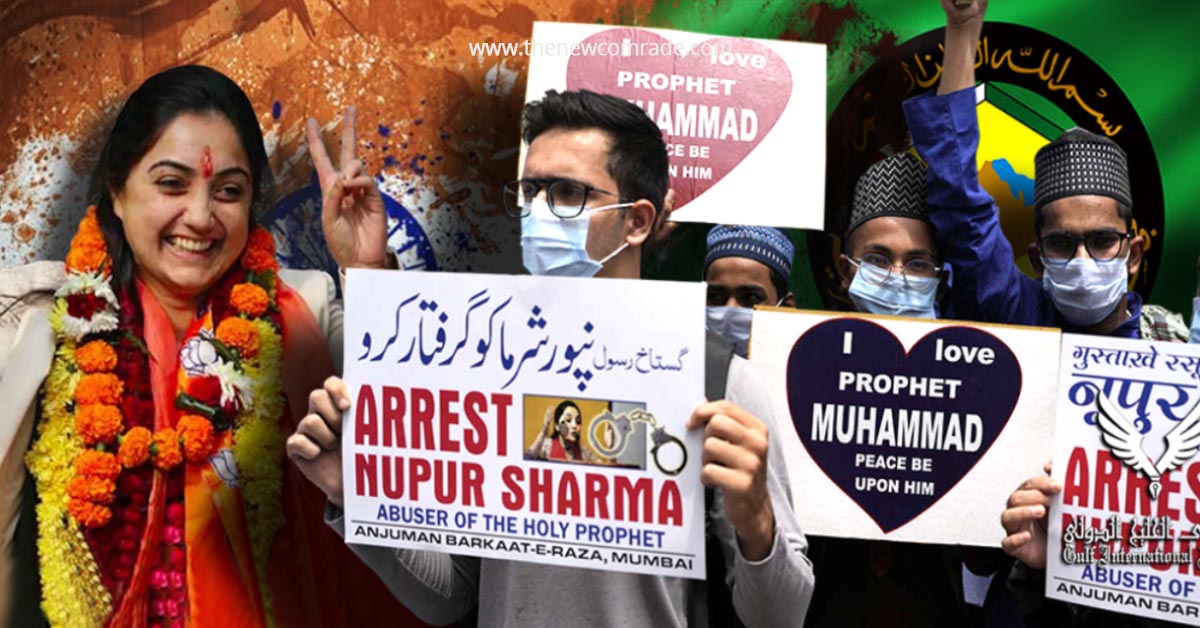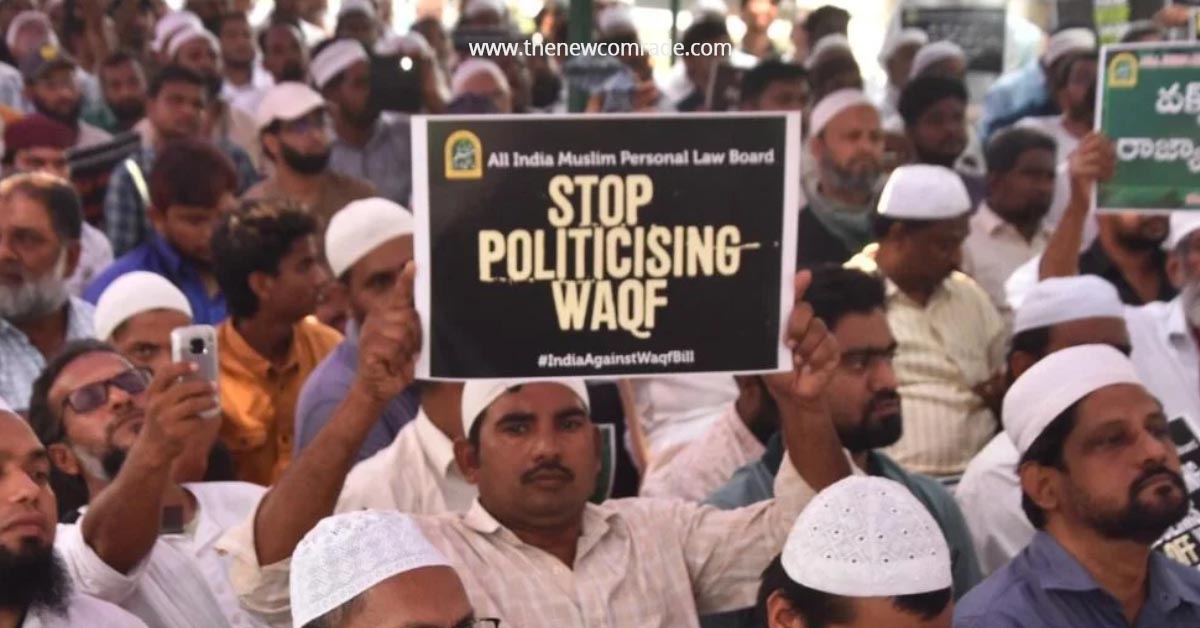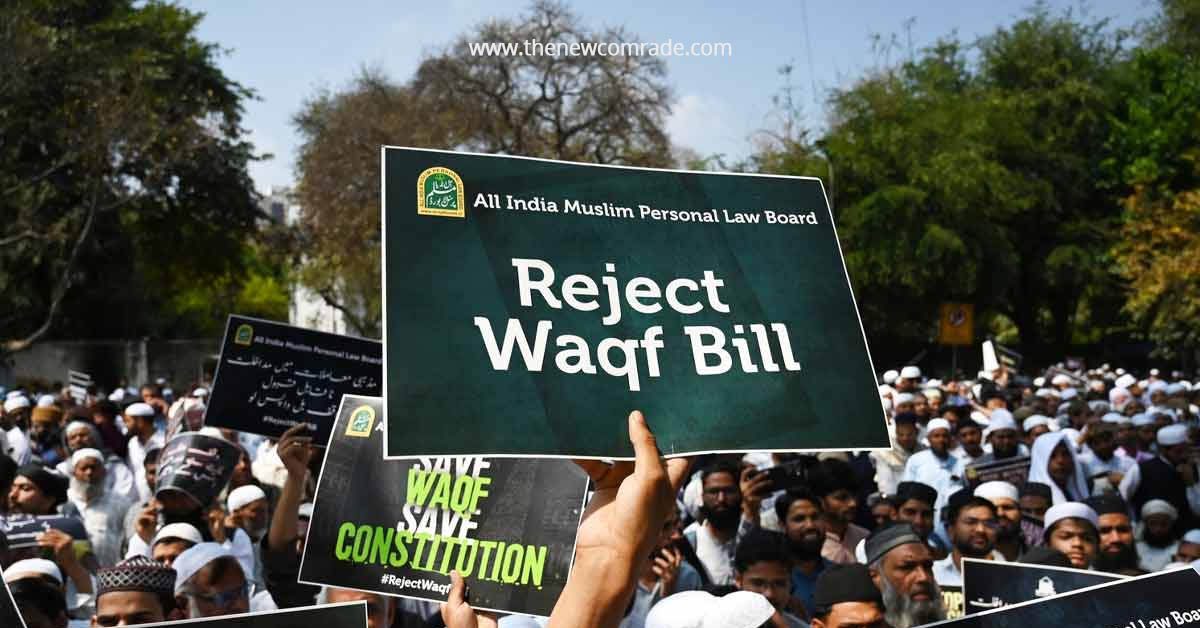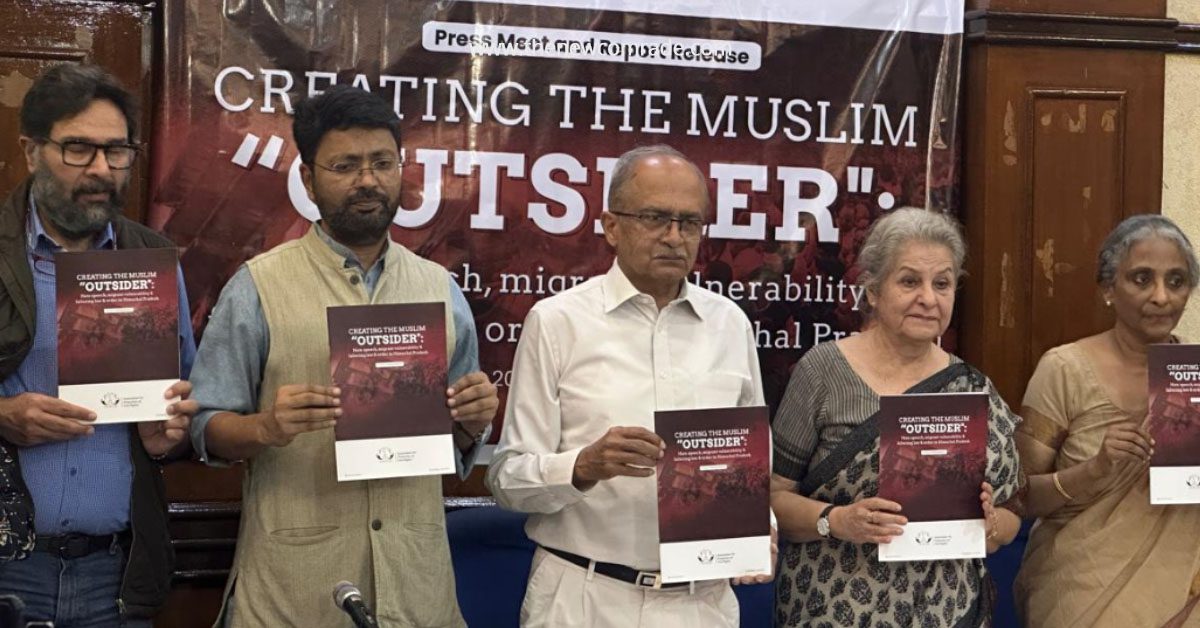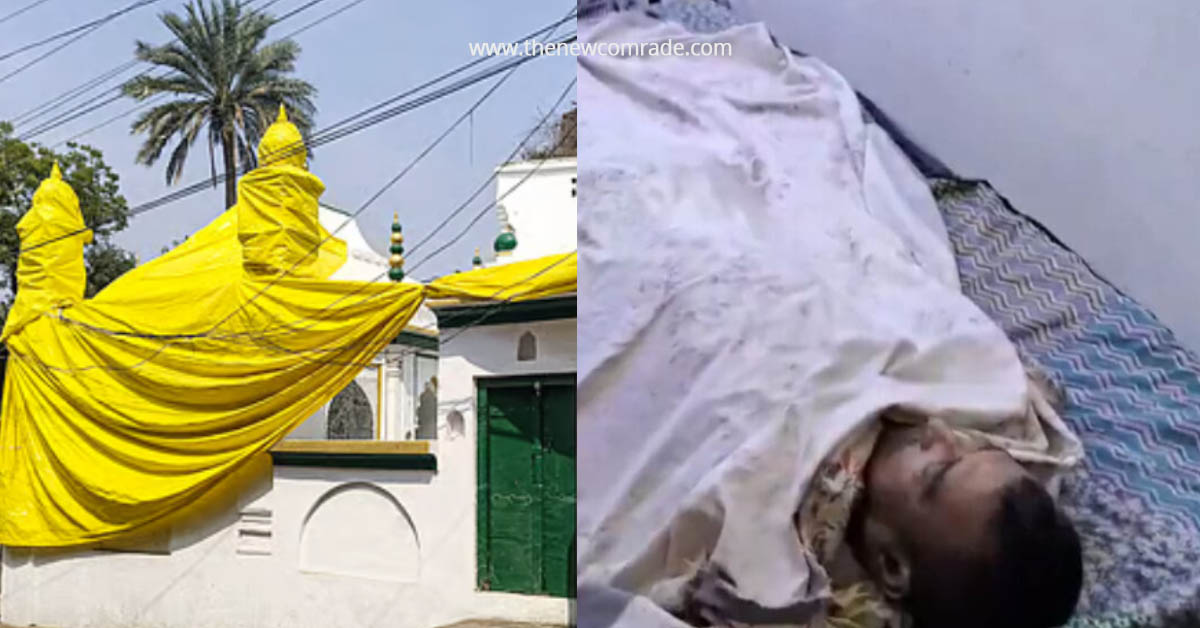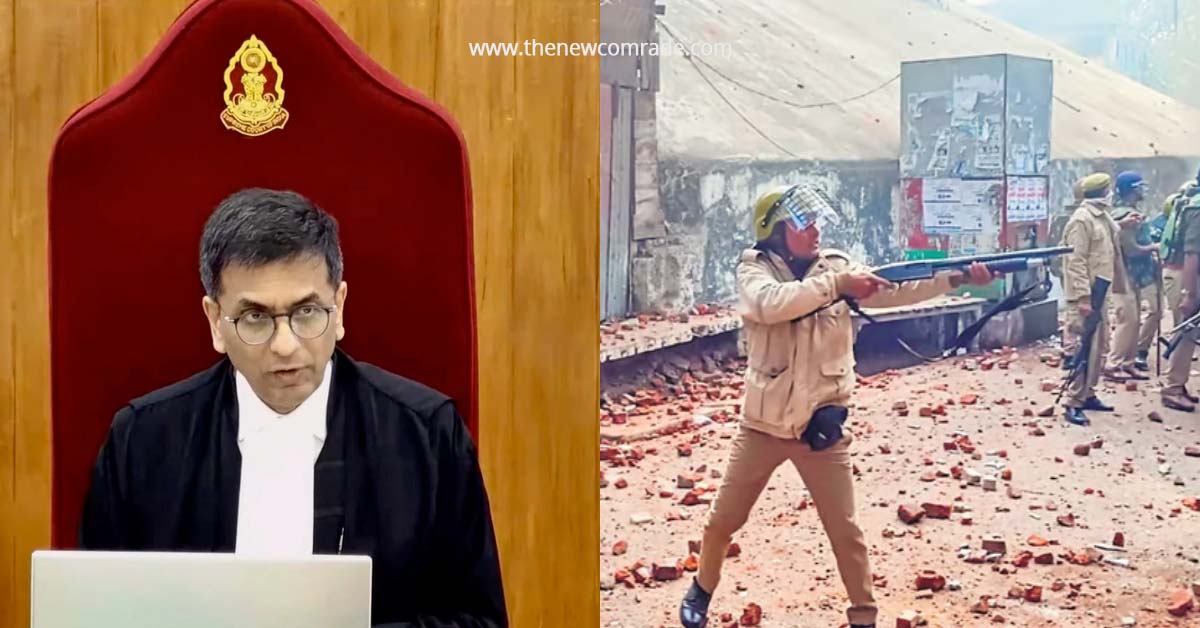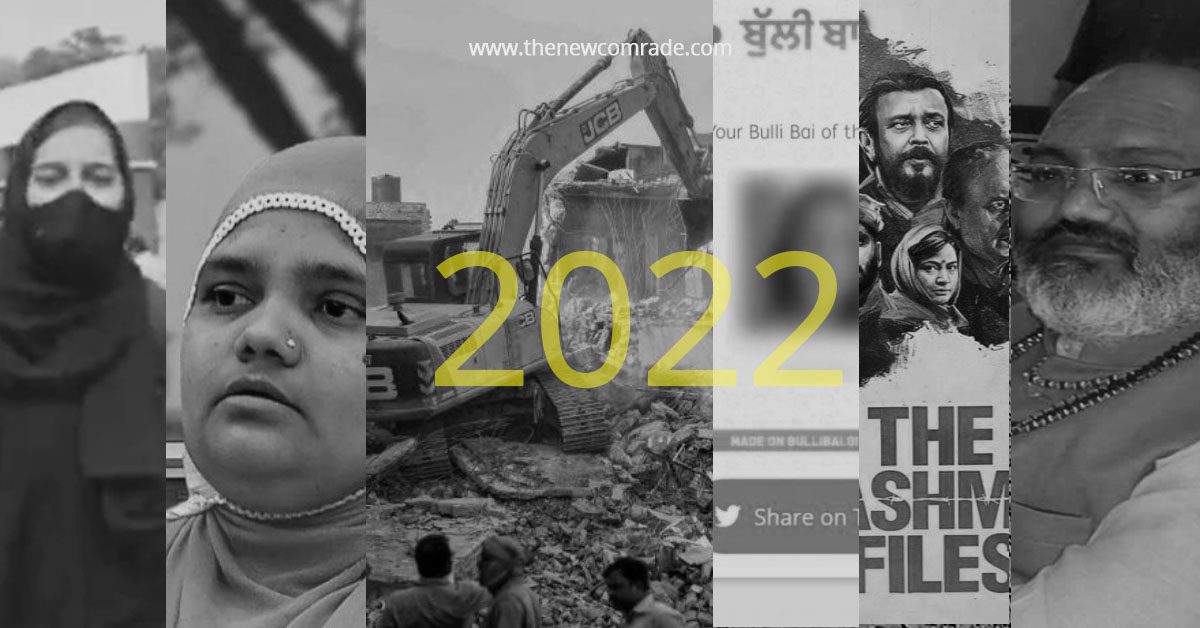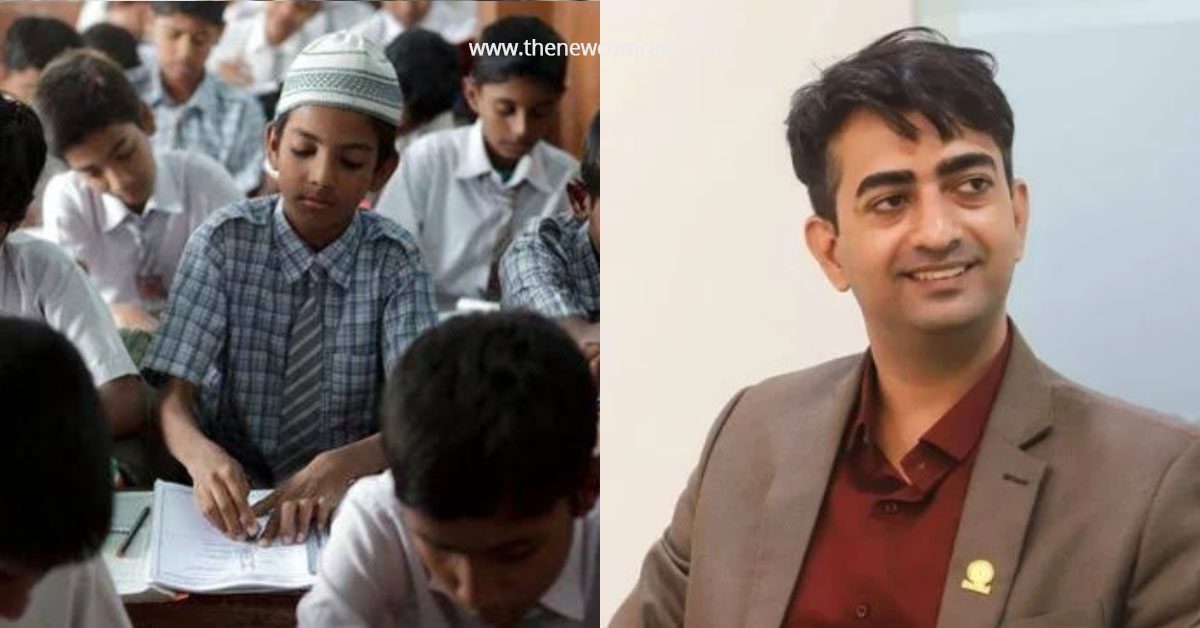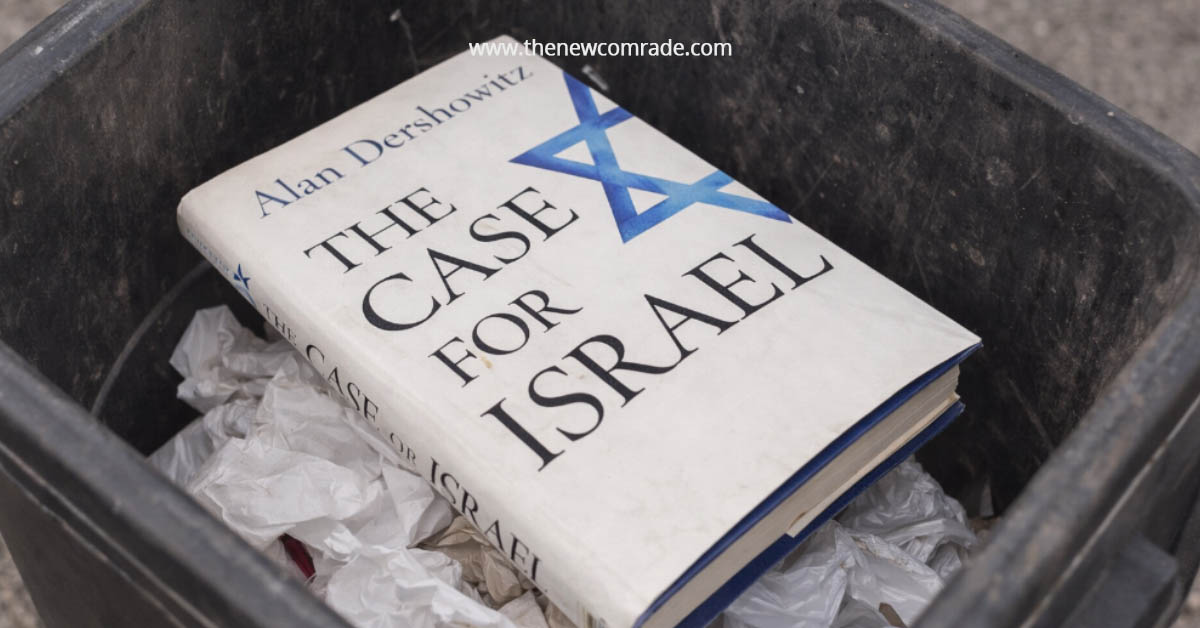The BJP-led Hindu nationalist government’s Waqf Amendment Bill turned out as state-sanctioned theft of Muslim endowments. After bulldozing homes and mosques, Modi’s regime now wants to seize control of centuries-old Islamic trusts. We spoke about this brazen attack on Muslim institutions to Dr. Zafarul-Islam Khan, President, All India Muslim Majlis-e Mushawarat and former Delhi Minorities Commission chief. He was also served as the editor of Milli Gazette weekly & Muslim Arab Perspectives journal.
The Modi government claims the Waqf Amendment Bill aims for “transparency and efficiency.” But given BJP’s history with Babri Masjid, Gyanvapi Masjid, and Mathura Shahi Masjid Eidgah, do you see this as a move to weaken Muslim control over religious properties?
Mr Modi’s record of the last quarter of a century, first at Gujarat since 2001 and now at the Centre since May 2014, say that he is incapable of doing any good to Muslims. We shall not be misguided by his “jumlas” but look at his record. Mosques and Madrasas are not safe, Muslim Personal Law is not safe, thousands of Muslim homes, mosques, dargahs, madrasas and other properties have been bulldozed, thousands of Muslims have been killed or injured with impunity in lynching attacks by armed groups affiliated to Hindutva forces. Government facilities for Minorities, mainly Muslims, have been withdrawn or curtailed one after the other. A yet unsuccessful attempt has been made to deprive millions of Muslims of their Indian nationality. The list goes on. Hate has been normalised. Houses, mosques and shops are routinely attacked on one pretext or another. And now comes the new Waqf Act which tries to snatch away thousands of properties endowed for the Muslim community by their ancestors over centuries. Hence, we expect no good from Mr Modi or his government or the BJP governments in various Indian states.
The bill allows state-appointed administrators to take over Waqf Boards. Isn’t this a backdoor for Sangh Parivar interference in Muslim endowments?
The new Waqf Act by various ways allows interfere in the management of waqfs. Now non-Muslims will sit on Waqf boards while no non-Hindu can be a member of any Hindu trust. The district collector, a government employee, will now conclusively decide the ownership of any disputed waqf property. Centuries-old waqf properties, protected until now under “Waqf by user” clause will no longer be protected unless they show property papers. The Act says that only “registered” waqf properties will be protected which means that hundreds of thousands of unregistered waqf properties will be taken over by the government. The Act also strongly says that only a Muslim who has been a practicing Muslim for the previous five years can donate his property as waqf and that non-Muslims cannot donate their properties as waqf. These strange conditions are peculiar only to this Act. Laws for non-Muslims do not contain such conditions.
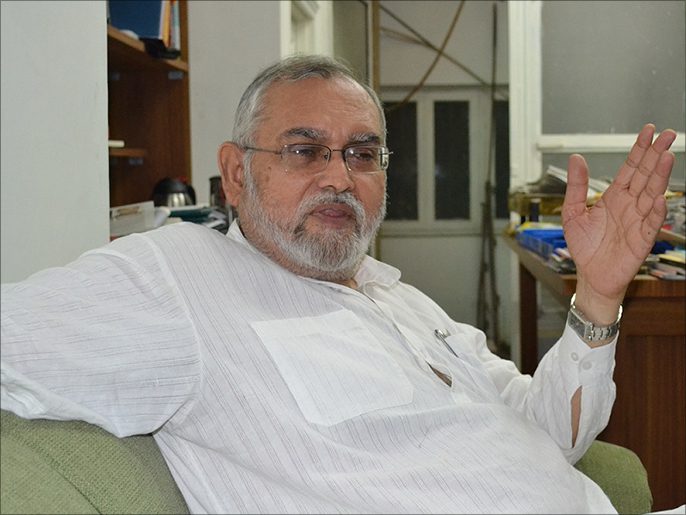
The bill proposes leasing Waqf land to private players. Could this lead to Hindu groups taking over disputed sites (like in Ayodhya)?
This Act will open the floodgates to usurp Waqf properties by forcible occupation making them “disputed” and hence referred to a collector for adjudication, as well as acquiring waqf properties by leasing at petty rates with the connivance of waqf board employees, which has been the norm until now.
In UP, Gujarat, MP and Delhi, Waqf lands are already being demolished or seized (e.g., Delhi Waqf Board’s 123 properties). Will this bill accelerate that?
In north India, from Punjab to Delhi, U.P. and even West Bengal and Karnataka, thousands of waqf properties have been lost forever by illegal occupation or via lease at ridiculous rates.
What should Muslims do – legal battle, protests, or political pressure?
In my opinion, the way open for us at present is to go to the Supreme Court. The government will use protests to beat, arrest harass Muslims and slap cases and fines against them, bulldoze their homes as is already happening in the states ruled by the BJP.
Can Waqf Boards sue under international law (UN Minorities Declaration)?
Waqf Boards are government organisations. No action of any kind should be expected of them.
Why media not covering attack on Waqf properties, while “Temple vs. Mosque” debates get prime time in major News Channels?
Media, rather godi media, are paid and controlled by powers that are hell-bent to raise issues against Muslims on a daily basis and give everything an anti-Muslim slant. This serves their masters and polarizes society. Hence, expect no good from godi media.
How can Muslims counter the ‘Waqf means Encroachment’ propaganda?
Whenever a claim is made, the affected party should file a case against the slanderer. After a few adverse court judgements, this bullshit will stop.
Any chance for intervention of OIC or UNHRC in this issue ?
No, Sir. If past is any pointer, these toothless bodies will not even make a murmur.
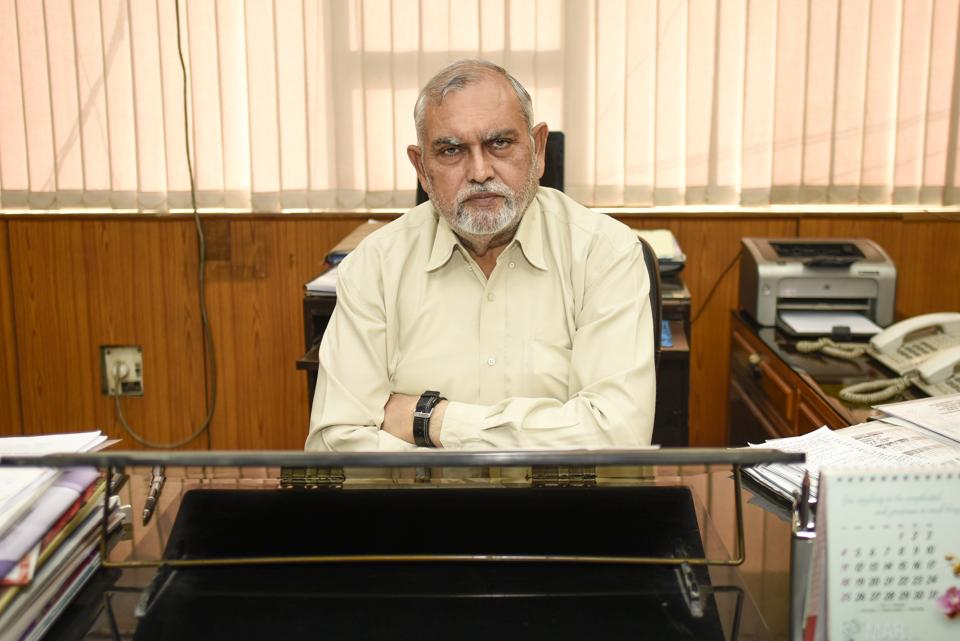
How do you view the inclusion of non-Muslim members in Waqf boards and councils under the proposed Waqf Amendment Bill, and what impact might this have on the governance of Waqf properties?
“Non-Muslim” members will no doubt will be RSS-linked people as we can see in the kind of people being nominated to the executive bodies of universities like Aligarh Muslim University and Jamia Millia. They will make sure that no action is taken which would benefit Muslims. The latest example is that the mandatory reservation for Muslim students in Jamia Millia courses has been made optional.
The Act will open the floodgates of litigation by government bodies as well as by private persons in dubious or illegal possession of waqf properties. They will try to usurp these properties for good.
Do you believe the Waqf Amendment Bill aligns with India’s constitutional guarantees of religious freedom and minority rights, or does it pose potential conflicts?
The Waqf Amendment Act clashes with the constitutional guarantees given to Indian minorities to govern their religious affairs themselves. This is exactly what will be challenged about this Act in the Supreme Court.
How might the proposed changes to Waqf property registration and dispute resolution processes affect existing legal frameworks and the rights of stakeholders?
Waqf properties which lack papers or which are not registered will face problems and may be taken over by the government or usurped by their current occupiers.
What implications do you see for the Muslim community’s ability to manage Waqf properties independently if the bill increases government oversight?
As of now, all Waqf boards are government organisations though run by Muslims nominated by the government, while their day to day affairs are administered by government staff. The Muslim community has no say in their setup or running. Their functioning has never been satisfactory.
The best solution is the formation of a “Waqf & Masjid Parbandhak Committee” at par with the Gurudwara Parbandhak Committee which is a recognised body run by Sikhs to manage their assets. The same can be done for the Muslims but a protracted agitation is necessary to achieve this goal.
How might the amendments affect the day-to-day operations of Waqf institutions, particularly in providing services like education, healthcare, and support to the poor?
The existing waqf boards already suffer from gross mismanagement and utterly deficient utilisation of the waqf resources. The problem will only accelerate now.
How do you perceive the Waqf Amendment Bill affecting the relationship between the Muslim community and the government, especially in light of current political and social dynamics?
Under the Modi government, there is a total disconnect between the Muslims community and the government. The government no longer cares or consults the Muslim community. Rather, it constantly searches for issues that would belittle and irk the Muslim community. This in return polarizes the Hindu society and ensure that the Hindutva vote bank is safe and secure.
